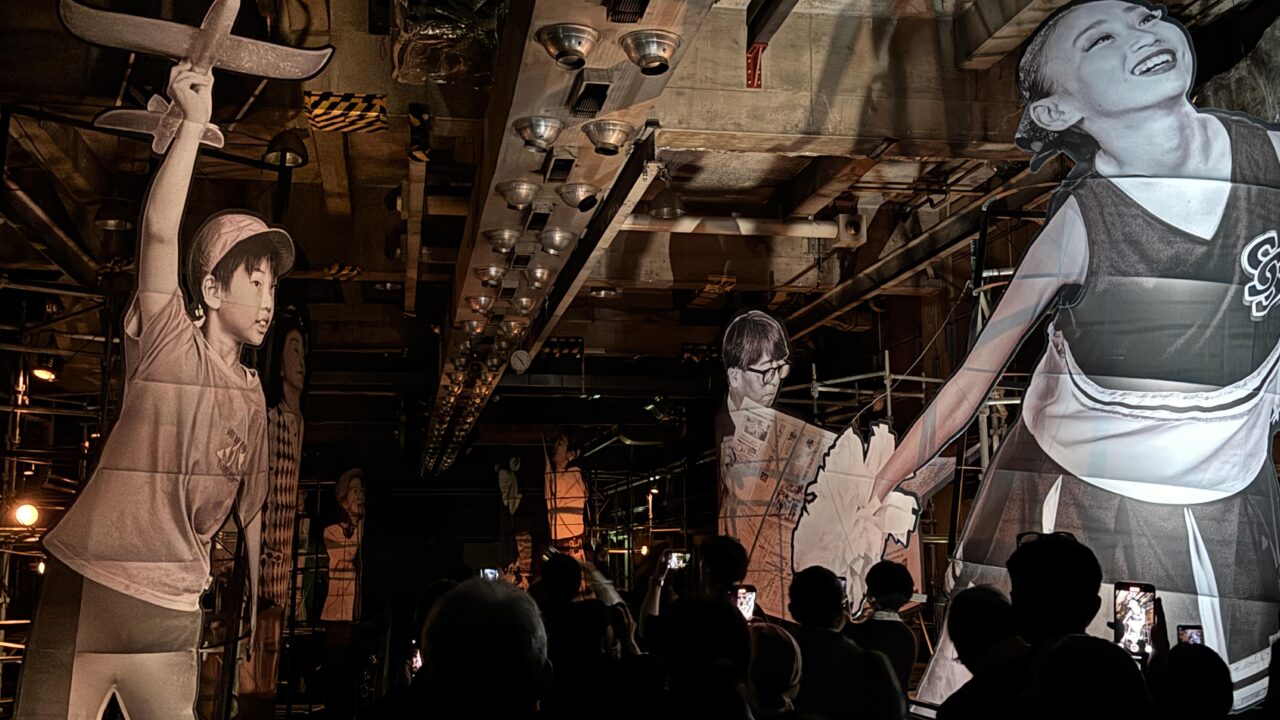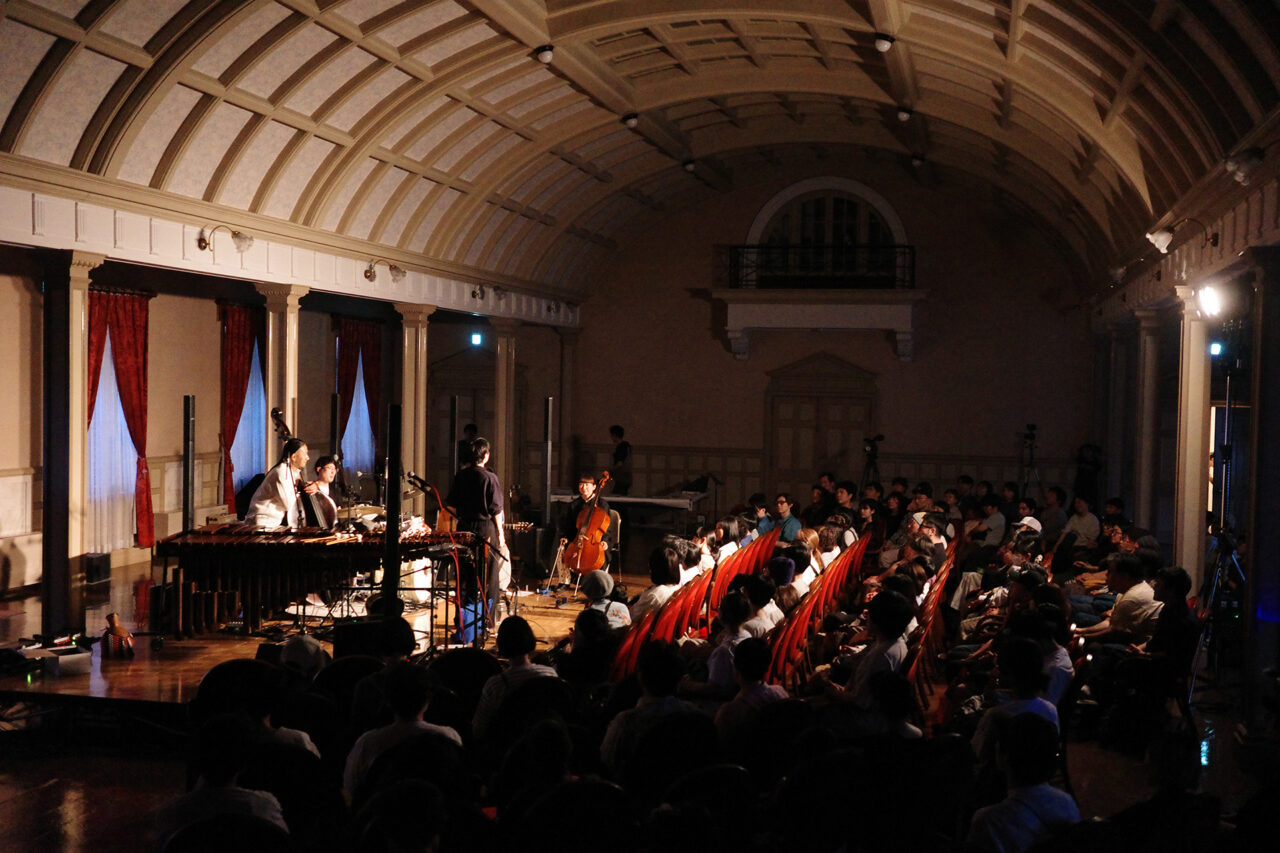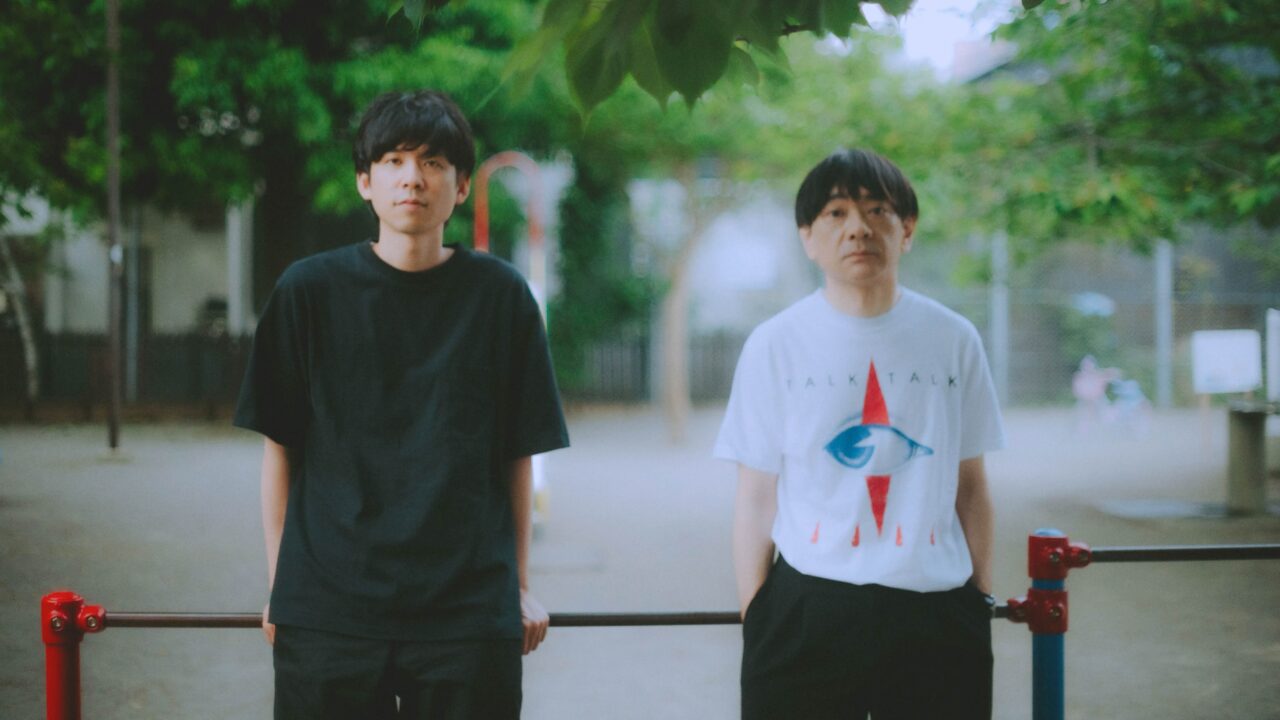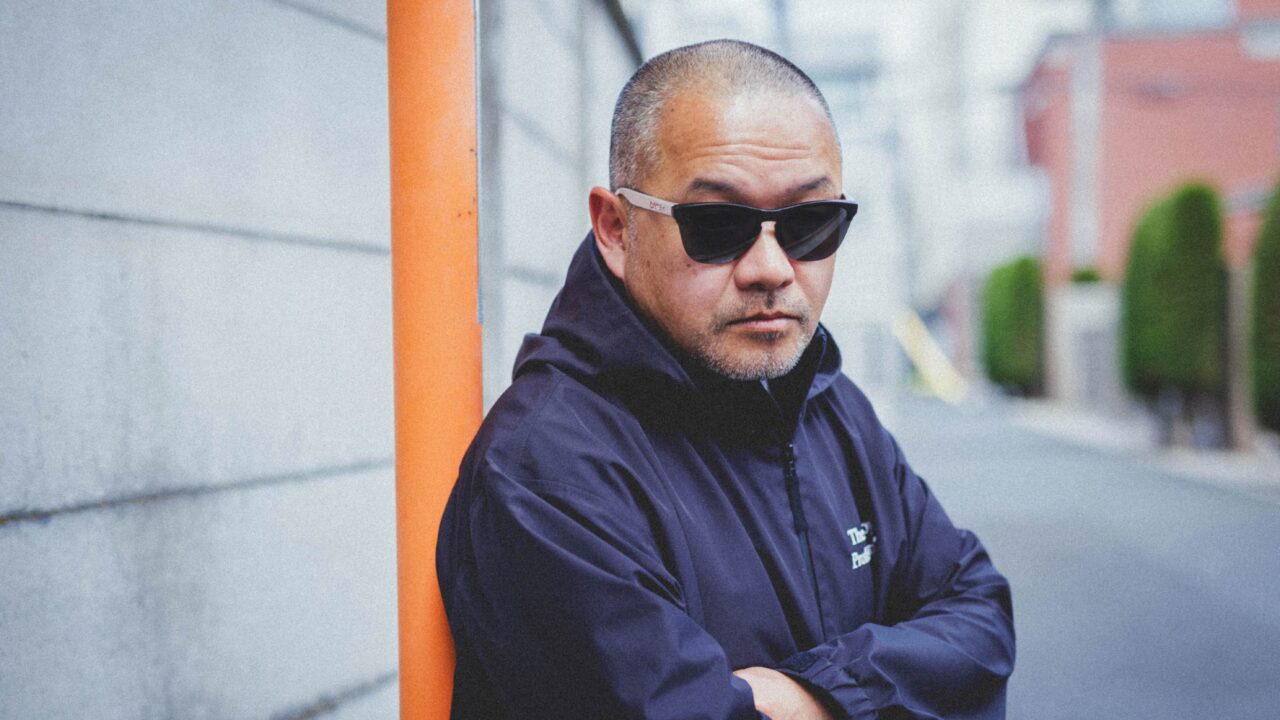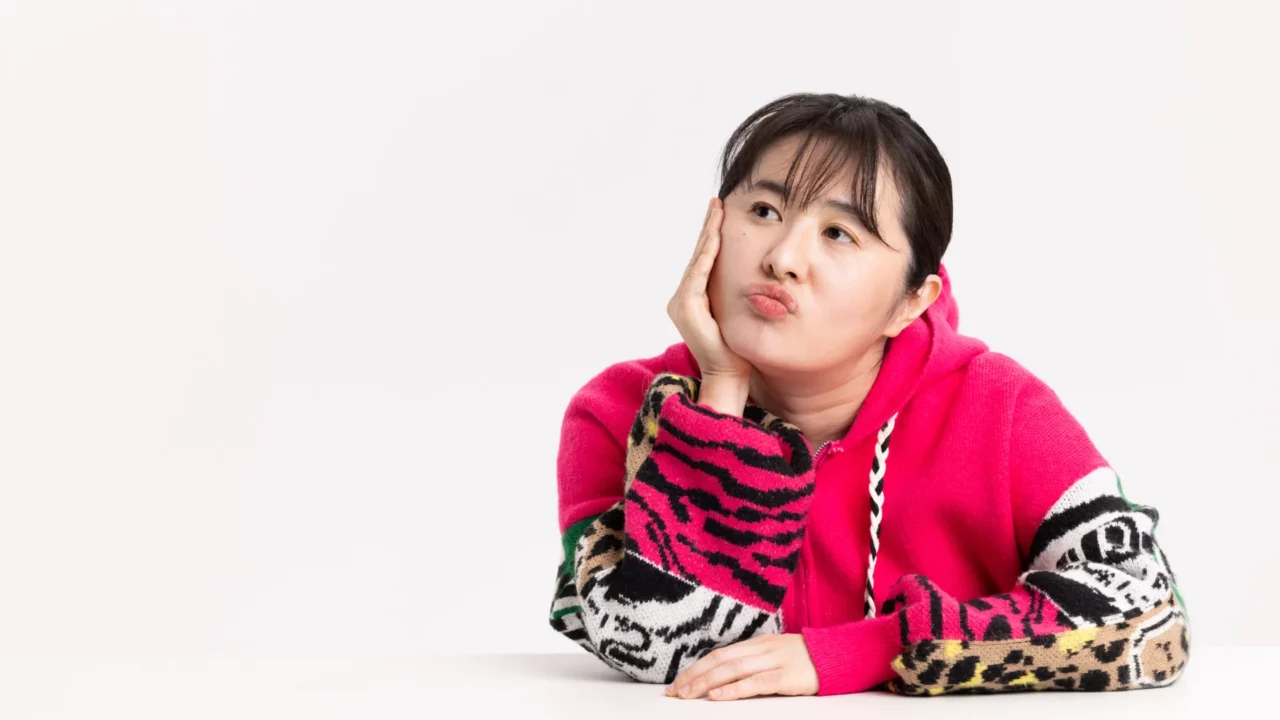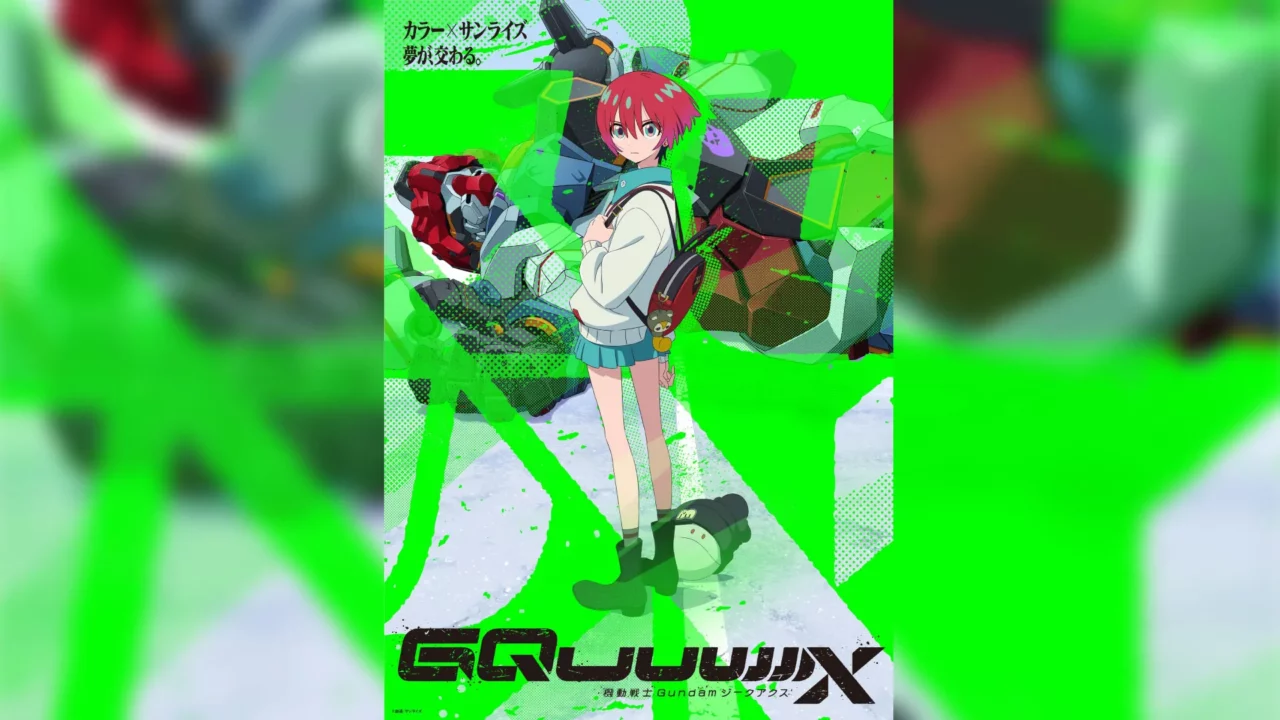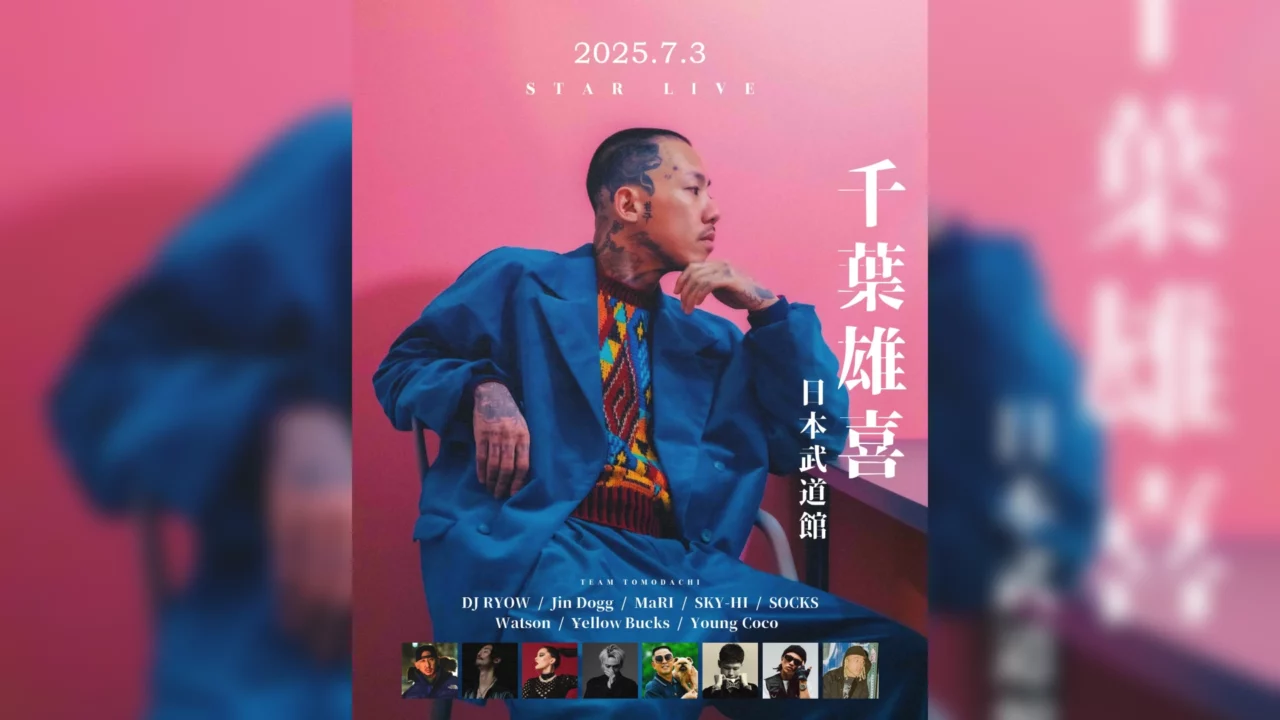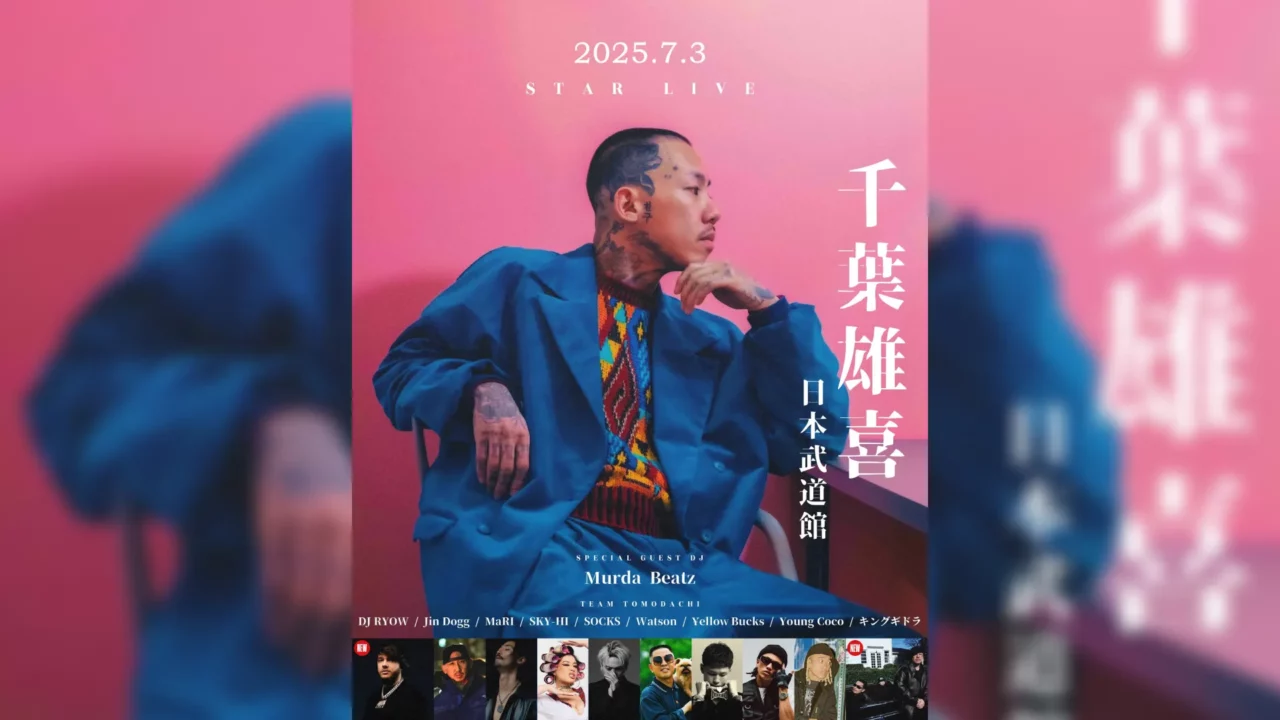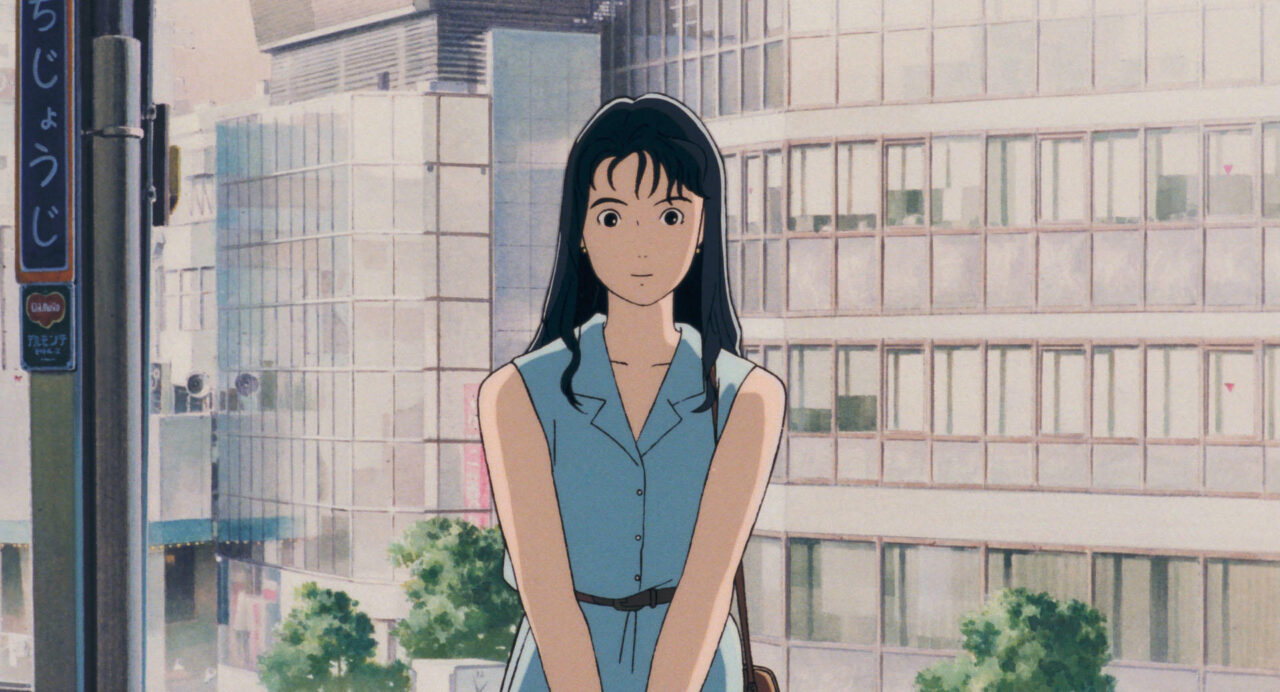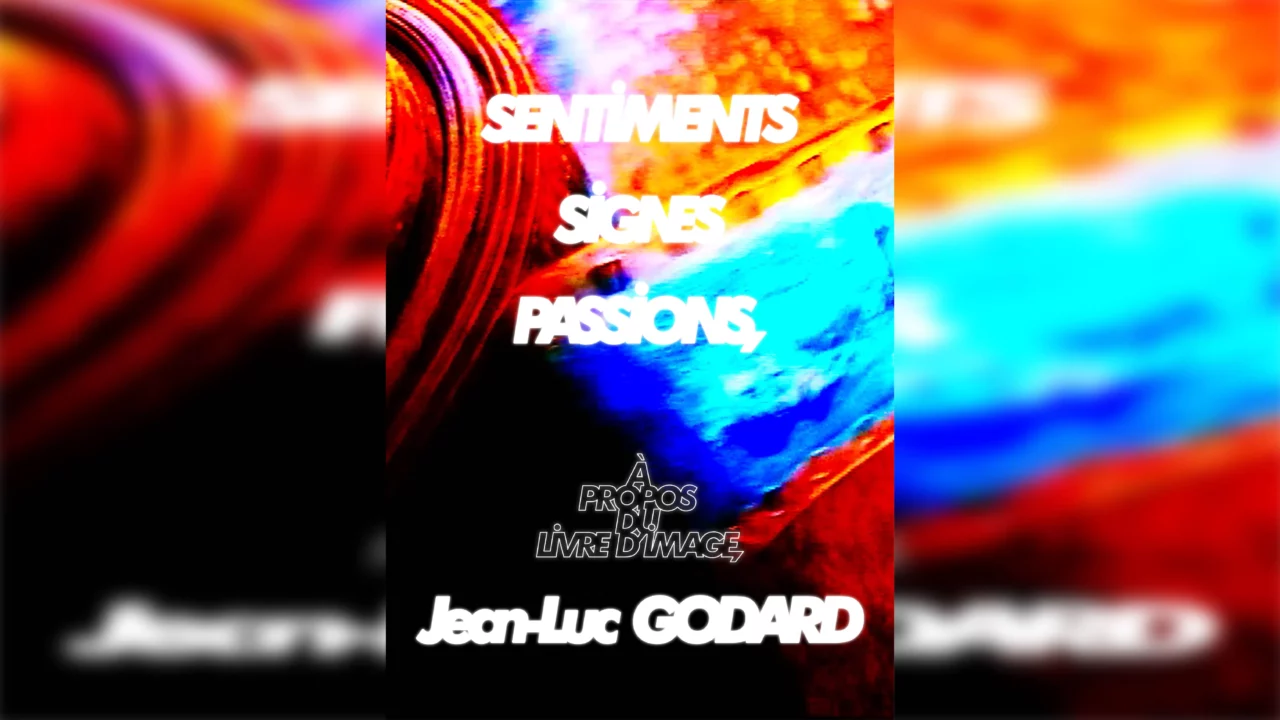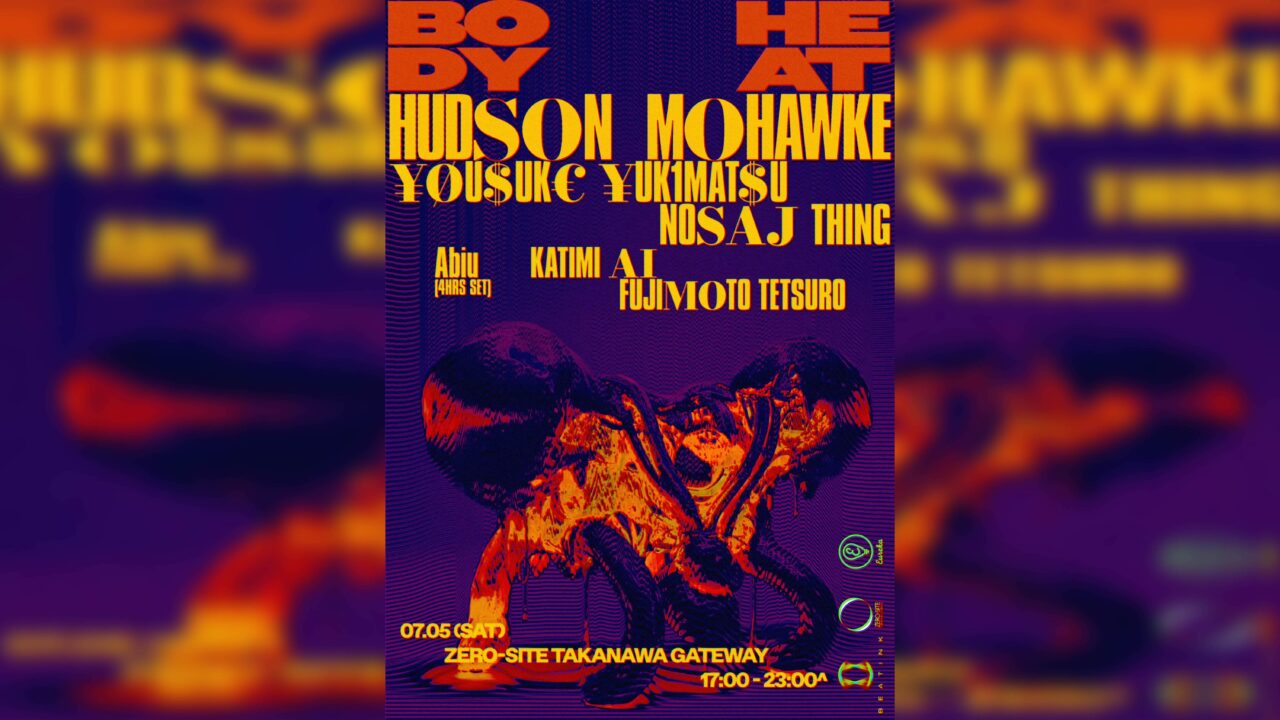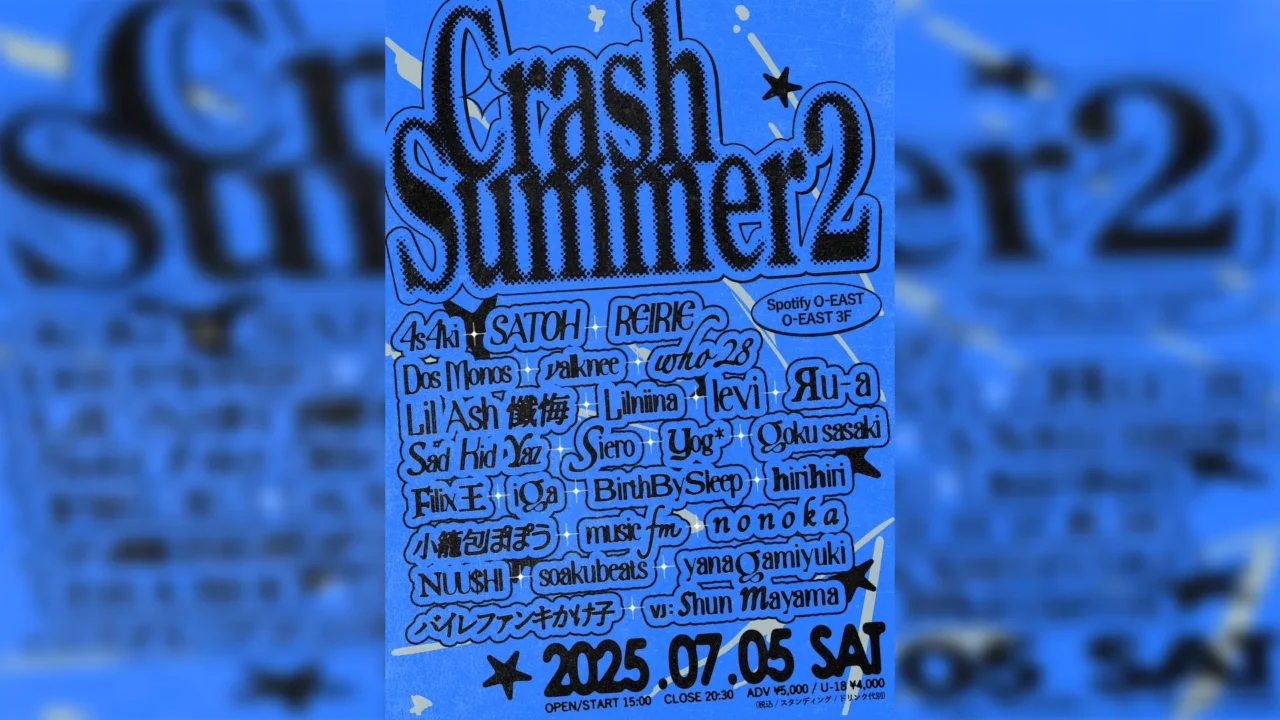Keiichi Sokabe’s ROSE RECORDS, marking its 20th anniversary since its establishment, has been a beacon of DIY spirit. Focusing on solo and Sunny Day Service releases, the label has introduced outstanding artists like Lantern Parade, animations by Kimihiro Reizei, and MOROHA. Remaining true to its DIY ethos, the label stands as an epitome of independent music endeavors. Noteworthy is Sokabe’s commitment to the vibrant culture of Shimokitazawa, operating the café-bar and record shop “CITY COUNTRY CITY” and, post-pandemic, managing the curry restaurant “Hachigatsu.”
Over the past two decades, the music landscape has undergone significant transformations. With the advent of iTunes Music Store in 2005, followed by YouTube, Twitter, and smartphones, the internet era ushered in the age of social media, and music consumption shifted from CDs to streaming. The history of ROSE RECORDS, navigating through such drastic changes, and Sokabe’s experiences and reflections, are sure to provide wisdom and courage to anyone pursuing creative endeavors. As love and laughter continue to blossom in some corner of the city, something new is always beginning.
INDEX
Origins in Discomfort with Conventional Methods
-First of all, please tell us how you established ROSE RECORDS in 2004.
Sokabe: After releasing two solo records under contract with Universal in 2002 and 2003, I initially thought I would look for another record company. But I thought it would be a bit tough to sign with a major label again and work in a way that would produce results that would meet my goals.
So I parted ways with the private agency I belonged to at the time and went to a real estate agency in Shimokita by myself. At the time, I was living in an old two-bedroom apartment, but I had a small child and a wife, and I couldn’t work at home, so I decided to rent an office. I decided to rent an office, and I was introduced to a property at the end of Shimokitazawa Ichibangai. It was a street-front property with a glass wall, and it was originally a general store or something. It was a tiny one-room apartment, but the atmosphere was rather nice. The rent was about 100,000 yen, which was not unaffordable, so that day I said, “I’ve already decided. That was the start of ROSE RECORDS.

He began his career as the vocalist/guitarist of Sunny Day Service in the early 1990s. In 1995, he released his first album, “Wakamonotachi” (‘Youth’). His entirely new sound, interpreting and reconstructing 1970s Japanese folk/rock in a 1990s style, left a strong impression on listeners. Inspired by the Christmas of 2001 and the simultaneous terrorist attacks in New York, he made his solo debut with the single “Guitar.”
In 2004, he established his independent label, ROSE RECORDS, and began activities centered around independent/DIY work. Since then, he has continued to express himself in various forms, including simultaneous work with Sunny Day Service/solo, as well as production, songwriting, film music, commercial music, writing, and acting, without being confined to a specific style.
-Did you have a longing to do a label?
Sokabe: When I was at MIDI (*), we did a little something like our own label, and we released works by The Happy’s and N.G.THREE. But in 2004, it was more about “going independent” than about “creating a label. Rather than wanting to make a record, I wanted to take on work there first. We had nothing in the office, so we bought a desk, a fax machine, a computer, and other things, and soon ran out of money.
*A record company established in 1984. Released Sunny Day Service, Taeko Onuki, Yurayura Teikoku, etc.

-Didn’t you want to sign a contract with someone else?
Sokabe: I didn’t want to do that. Sometimes it is good to create works with the idea of making a profit, but sometimes I wanted to do things freely, and I wanted to make a record limited to 100 copies. With a big company, that kind of thing is never possible.
So I had already decided to do it on my own, and it was fun at first. Once I started working with an office, many people came to visit me. However, I did not know how to distribute CDs on my own, so I went to Bridge (a distribution company), whom I had known for a long time, for advice. The distributor is responsible for getting them placed in various stores. I really had to start from scratch.

-Nowadays, even amateurs can easily distribute and release their music through digital distribution companies, but back then, in the age of CDs, “releasing” music was a very difficult hurdle to overcome.
Sokabe: It was a time when it was just becoming possible to gather information on the Internet, so I would look for the cheapest CD press on the Internet, and also look for a place that could make paper jackets like imported CDs. But I didn’t compare several companies and get quotes from them, so I didn’t make any money at (laughs).
-Was your motivation to help and support your friends and favorite musicians in their releases?
Sokabe: I never had the idea of making it into a big record company, but just selfishly released music I liked as I liked. For example, I happened to go to Osaka to see Animations at a live performance, and I was so impressed that I said to them, “You don’t have anything out? Then let’s make a record,” and I immediately put it out, and that’s how it all started.





